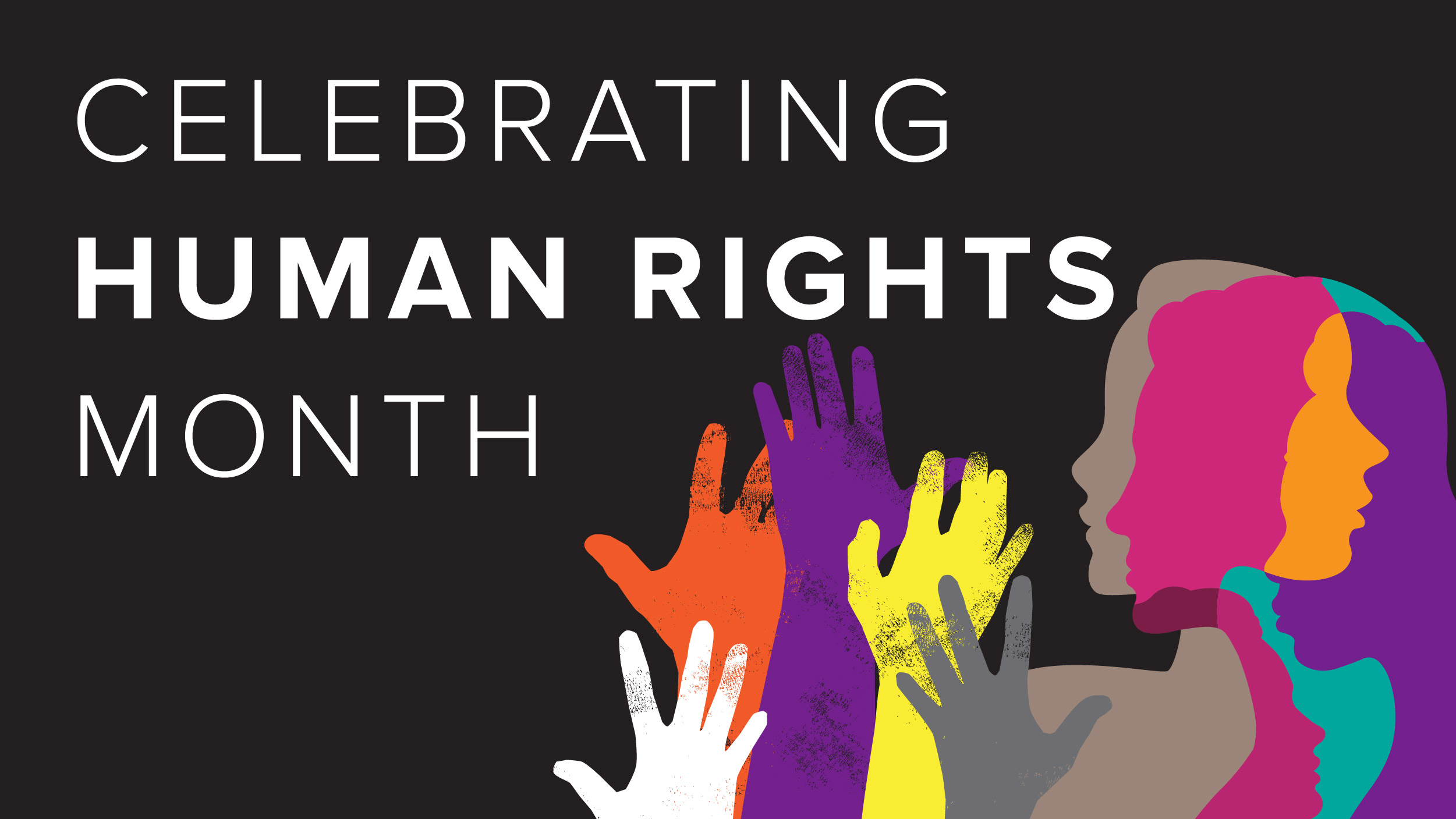Subcommittee on Health Holds Webinar on the COVID-19 "Road to Recovery"
Subcommittee on Health Holds Webinar on the COVID-19 "Road to Recovery"
Last week, the Subcommittee on Health of the Committee on Energy and Commerce held a hearing titled “Road to Recovery: Ramping Up COVID-19 Vaccines, Testing, and Medical Supply Chain.” During the hearing, committee members heard from a panel of experts in the medical and human services fields who discussed the pandemic response thus far, critical steps for facilitating a more successful vaccination distribution, and priorities for the future. In her opening statement, Subcommittee Chair Anna Eshoo noted the tremendous death toll that the pandemic has had on the nation, with nearly 440,000 Americans having died from the virus. She emphasized that Native, Black, and Latino Americans face the highest risk and are “nearly three times more likely to die from COVID-19 than white Americans,” exposing inequities of access to healthcare that have persisted in vaccine distribution as well. In his opening statement, full committee Chairman Frank Pallone, Jr. highlighted the importance of hearing directly from states regarding their vaccination challenges and needs, noting that their insight “is critical as we chart a better path forward.”
The committee first heard from Luciana Borio, M.D., Vice President of In-Q-Tel; former Acting Chief Scientist, FDA; and former Director for Medical and Biodefense Preparedness, National Security Council. In her testimony, Dr. Borio outlined several themes that would ultimately be echoed in all of the witnesses’ statements. One such theme was the necessity of strengthening the nation’s medical supply chain, not just as a response to the COVID-19 pandemic, but as a consistent investment in sustained domestic critical healthcare manufacturing. Panelist Greg Burel—President and Principal Consultant, Hamilton Grace; and former Director, United States Strategic National Stockpile—emphasized this as well, noting that it may be necessary for the federal government to provide incentives for manufacturers to sustain domestic production and create greater material stocks. This will require regular investment even in the post-COVID-19 world.
Panelists also accentuated the need for more guidance from the federal government in both educating the public and aiding states in their vaccination distribution. Dr. Borio called for a national “Mask Up” communication campaign to encourage the population to wear masks, maintain social distancing, and avoid indoor gatherings, stating that these “fundamental behavioral interventions... remain the single best tools we possess in the fight against COVID-19, equal in importance to effective vaccines.” Julie Morita, M.D., Executive Vice President of the Robert Wood Johnson Foundation, noted the complexity and urgency of the vaccine rollout and emphasized the unique role of the federal government. She stated, “open lines of communication, increased transparency—such as more specific, accurate, and timely estimates of state allotments of vaccines—and ramping up our public health workforce will all help state and local health officials perform their heroic work.”
One solution to increase communication and transparency would be the creation of a national database to capture the results of the extensive diagnostic testing that is taking place. Although the technical standards exist to make this possible, Dr. Borio noted, our nation’s data systems are not connected to the extent they should be to facilitate effective data-sharing. Another panelist, the Honorable Michael O. Leavitt—Founder and Chair, Leavitt Partners; former Secretary of Health and Human Services; and former Governor of Utah—recommended that all states participate in the CDC/APHL’s Immunization Gateway. Developed by the U.S. Department of Health and Human Services (HHS), this gateway allows cross-state jurisdictions to share vaccination information. Leavitt argued that all vaccinations should be reported to the state’s Immunization Information System, allowing consumers to access their vaccination information and states to compare data.
All panelists emphasized the need to acknowledge inequities in the healthcare system and take these into account in distribution efforts. Issues such as the lack of transportation, poor internet access, language barriers, and others may prevent individuals from being able to sign up for a vaccine or reach a healthcare provider to receive the shots. Rather than focusing on total allotments and weekly averages, Dr. Morita said, the country should be focused on “whether shots are getting in the right arms;” the focus should be on those who have the highest risk of exposure rather than those who are able to access the vaccine due to their means and privilege.
A complete list of witnesses is provided below:
The committee first heard from Luciana Borio, M.D., Vice President of In-Q-Tel; former Acting Chief Scientist, FDA; and former Director for Medical and Biodefense Preparedness, National Security Council. In her testimony, Dr. Borio outlined several themes that would ultimately be echoed in all of the witnesses’ statements. One such theme was the necessity of strengthening the nation’s medical supply chain, not just as a response to the COVID-19 pandemic, but as a consistent investment in sustained domestic critical healthcare manufacturing. Panelist Greg Burel—President and Principal Consultant, Hamilton Grace; and former Director, United States Strategic National Stockpile—emphasized this as well, noting that it may be necessary for the federal government to provide incentives for manufacturers to sustain domestic production and create greater material stocks. This will require regular investment even in the post-COVID-19 world.
Panelists also accentuated the need for more guidance from the federal government in both educating the public and aiding states in their vaccination distribution. Dr. Borio called for a national “Mask Up” communication campaign to encourage the population to wear masks, maintain social distancing, and avoid indoor gatherings, stating that these “fundamental behavioral interventions... remain the single best tools we possess in the fight against COVID-19, equal in importance to effective vaccines.” Julie Morita, M.D., Executive Vice President of the Robert Wood Johnson Foundation, noted the complexity and urgency of the vaccine rollout and emphasized the unique role of the federal government. She stated, “open lines of communication, increased transparency—such as more specific, accurate, and timely estimates of state allotments of vaccines—and ramping up our public health workforce will all help state and local health officials perform their heroic work.”
One solution to increase communication and transparency would be the creation of a national database to capture the results of the extensive diagnostic testing that is taking place. Although the technical standards exist to make this possible, Dr. Borio noted, our nation’s data systems are not connected to the extent they should be to facilitate effective data-sharing. Another panelist, the Honorable Michael O. Leavitt—Founder and Chair, Leavitt Partners; former Secretary of Health and Human Services; and former Governor of Utah—recommended that all states participate in the CDC/APHL’s Immunization Gateway. Developed by the U.S. Department of Health and Human Services (HHS), this gateway allows cross-state jurisdictions to share vaccination information. Leavitt argued that all vaccinations should be reported to the state’s Immunization Information System, allowing consumers to access their vaccination information and states to compare data.
All panelists emphasized the need to acknowledge inequities in the healthcare system and take these into account in distribution efforts. Issues such as the lack of transportation, poor internet access, language barriers, and others may prevent individuals from being able to sign up for a vaccine or reach a healthcare provider to receive the shots. Rather than focusing on total allotments and weekly averages, Dr. Morita said, the country should be focused on “whether shots are getting in the right arms;” the focus should be on those who have the highest risk of exposure rather than those who are able to access the vaccine due to their means and privilege.
A complete list of witnesses is provided below:
- Luciana Borio, M.D.—Vice President of In-Q-Tel; former Acting Chief Scientist, FDA; and former Director for Medical and Biodefense Preparedness, National Security Council
- Greg Burel—President and Principal Consultant, Hamilton Grace; and former Director, United States Strategic National Stockpile
- The Honorable Michael O. Leavitt—Founder and Chair, Leavitt Partners; former Secretary of Health and Human Services; and former Governor of Utah
- Julie Morita, M.D.—Executive Vice President, Robert Wood Johnson Foundation





